-
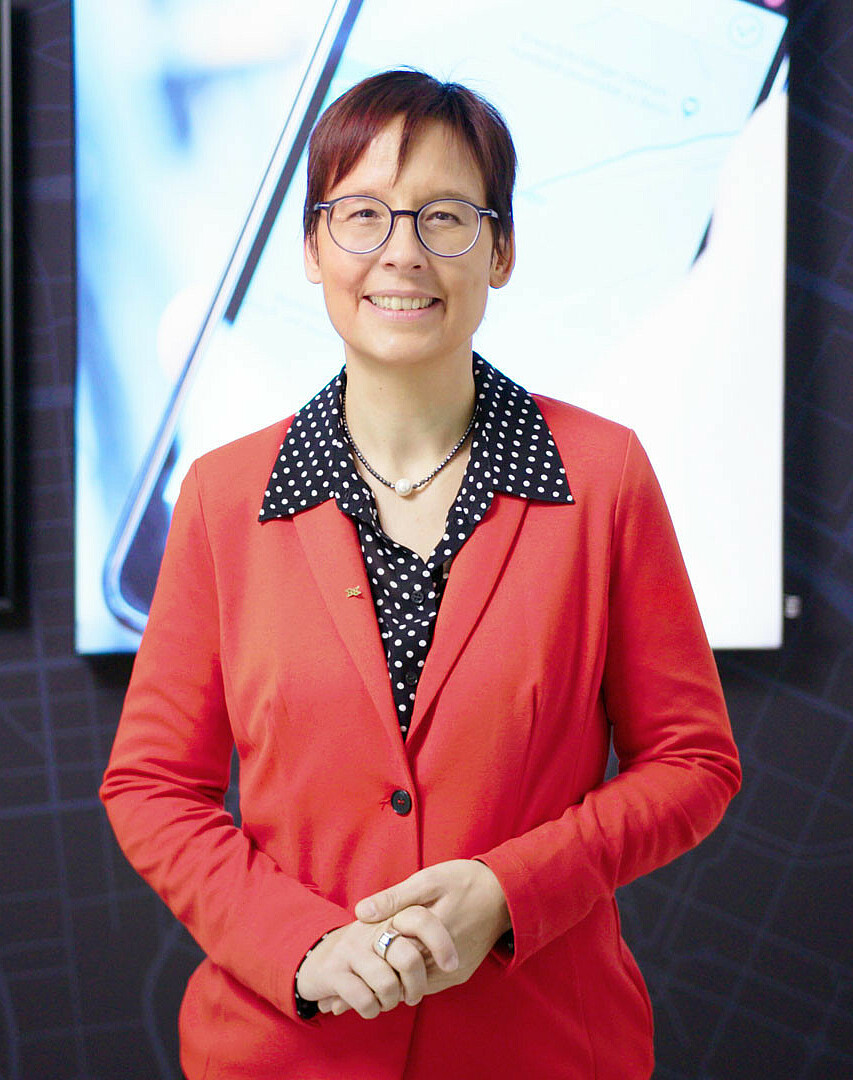
© Berlin Partner/gretchen
28.02.2023Prof. Dr. Meike Jipp, Deutsches Zentrum für Luft- und Raumfahrt (DLR)
As Head of the Institute for Transport Research at the Deutsches Zentrum für Luft- und Raumfahrt (German Aerospace Center, DLR), Brain City Ambassador Prof. Dr. Meike Jipp is actively involved in the future of Berlin. She likes to take on new challenges, both professionally and privately.
“My biggest fear is standing still, to stop evolving, to get stuck in routines,” says Prof. Dr. Meike Jipp and in the same breath adds: “The special thing about my work, however, is that this cannot happen. This is because interdisciplinarity is a factor that runs through my professional life and that always brings new challenges with it.”
Meike Jipp’s field of research as Head of the Institute of Transport Research at the Deutsches Zentrum für Luft- und Raumfahrt e.V. (DLR) is extremely complex. “I focus on the analysis, design and evaluation of mobility and transport as the basis for the functioning of our society.” Questions she explores at the institute include: “Why are people and goods on the move the way they are?”, “What can we change about mobility markets and offers, means of transport and areas in which mobility and transport take place in order to provoke different traffic behaviour?” and “What does this mean in particular for society and our climate?”.
“Transport research is a topic that affects almost all disciplines,” explains the Brain City Ambassador. “Social sciences are part of it – because it’s about the behaviour of people and society. Economics also play a part – because it’s about how companies act, just like engineering – as it’s also about formulating the requirements for the technological systems. Computer science and geography are also relevant disciplines for her research – because spatial structures influence mobility. “This always opens up new worlds to be discovered and new possibilities open up. What could be more exciting?”
Interdisciplinarity characterised the work of the Brain City ambassador while she was studying psychology at the University of Mannheim and Carleton University in Ottawa, Canada. “I studied computer science as a minor subject. In my doctorate, for example, I was able to carry out a project together with representatives from medicine and engineering. Currently, social and economic sciences are playing an increasingly important role in my work,” explains Meike Jipp. As an employee of a non-university research institution, the transfer of research results into practice also plays an important role – in close cooperation with partners from business and politics. “In this interaction, I learn which questions are relevant for practice and, conversely, I can ensure that our research results bring added value for society. Who can claim that their own simulation results of a redesigned mobility at Lausitzer Platz in the Berlin district Friedrichshain-Kreuzberg will become reality? I am very excited about that!”
Meike Jipp is closely networked through her position at DLR and projects, for example with the Technische Universität Berlin (TU Berlin) or the Deutsche Institut für Wirtschaftsforschung e.V. (DIW). There are also research links with Humboldt-Universität zu Berlin (HU Berlin) and Freie Universität Berlin (FU Berlin) – as well as with other DLR institutes and research facilities, institutions and companies in Germany and abroad.
Berlin can play an important pioneering role for the mobility transition in Germany and has already achieved a great deal along the way.
Meike Jipp came to Berlin in 2021 – after working in Braunschweig, Mannheim, Ottawa, Lisbon and Pforzheim. “The location is of central importance to me. Berlin can play an important pioneering role for the mobility transition in Germany and has already achieved a great deal along the way: The start-up scene in the city offers ideal conditions for those wanting to start a business, which also give the mobility transition a significant boost. And in Berlin, the first law in Germany was passed that gives priority to local public transport, walking and cycling over car traffic.” But what is the next, ambitious goal for Berlin? And how can Berlin’s development be generalised across Germany? Meike Jipp and her team are also working on resolving these questions. “To do so, we are in the right place in Berlin.” Professionally, Brain City Berlin offers Meike Jipp “everything a researcher’s heart could wish for”: “Federal politics is at home here right next to local politics, and large companies such as Deutsche Bahn, Berliner Verkehrsbetriebe or DHL can be found here as well as start-ups. All transfer areas in the field of transport research are therefore right on the doorstep in Berlin. What more could a woman want?”
Meike Jipp advises young scientists who want to gain a professional foothold in Berlin to network specifically with science, politics and companies in this city right from the start. “Don’t let the sheer amount of opportunities Berlin has to offer overwhelm you! And with your research and the aspiration to become an excellent scientist, actively shape the future of the city of Berlin!”
Meike Jipp herself feels inspired each day by the “Berlin adventure”. And not only as a researcher, but also in her private life. “The city offers so much,” says the Brain City Ambassador happily. One of Meike Jipp’s personal goals is of a sporting nature: “To master the 66-lake hiking trail around Berlin.” That is also a challenge. The route extends over an impressive 417 kilometres! (vdo)
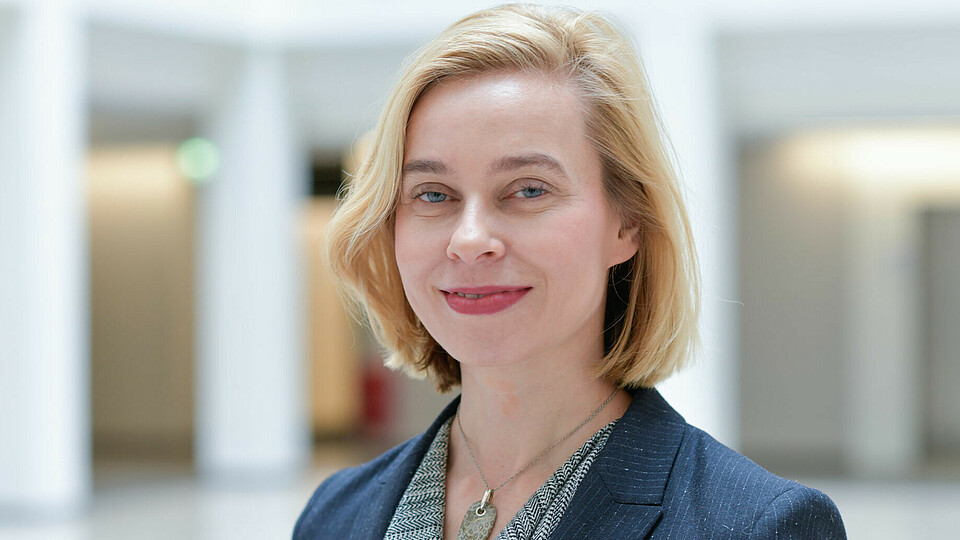
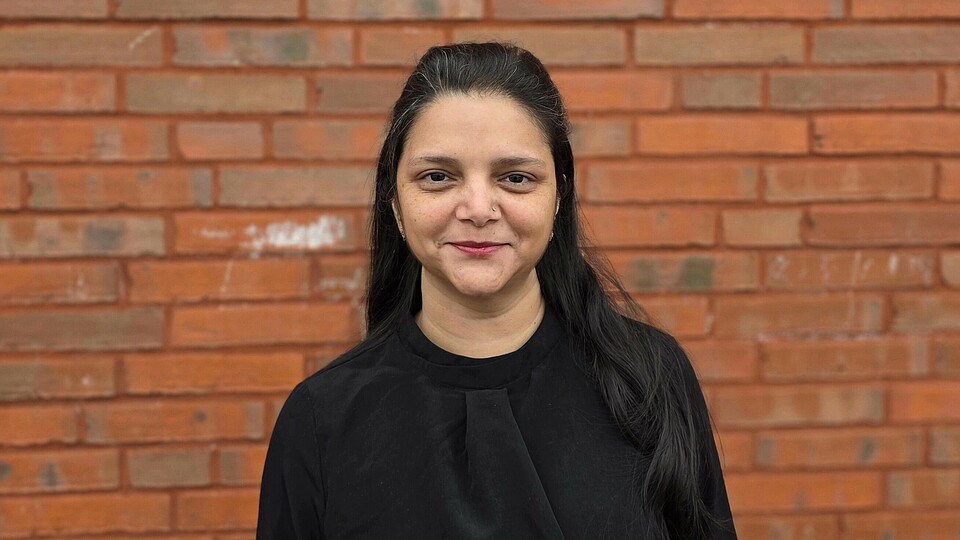
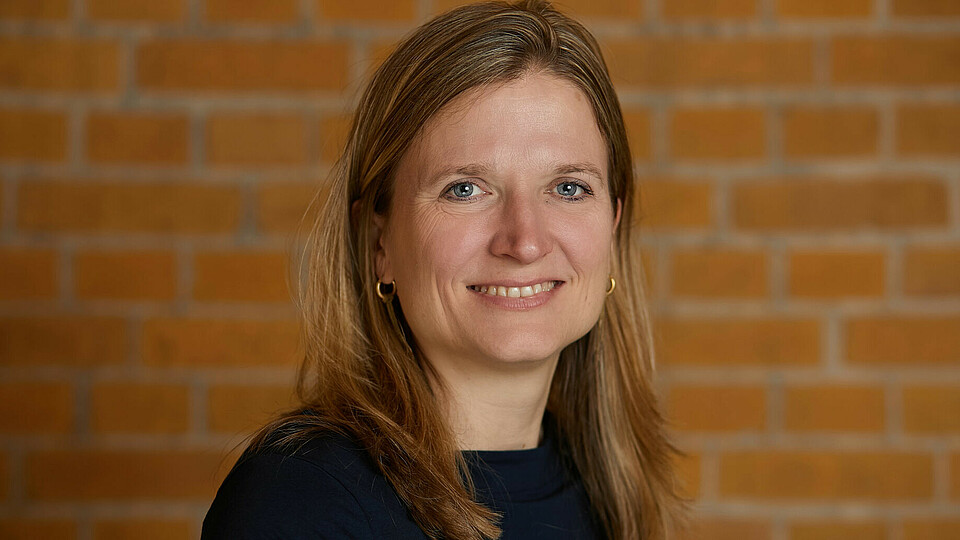
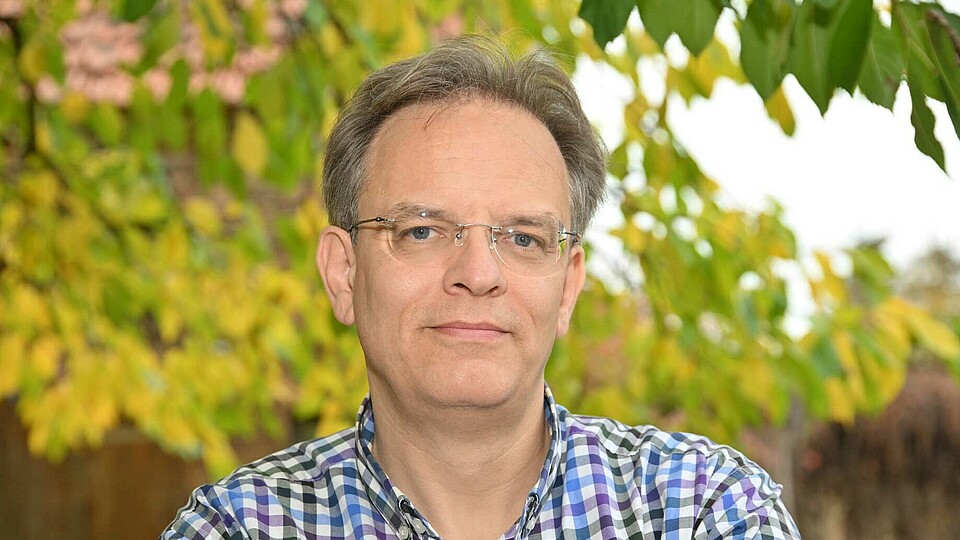
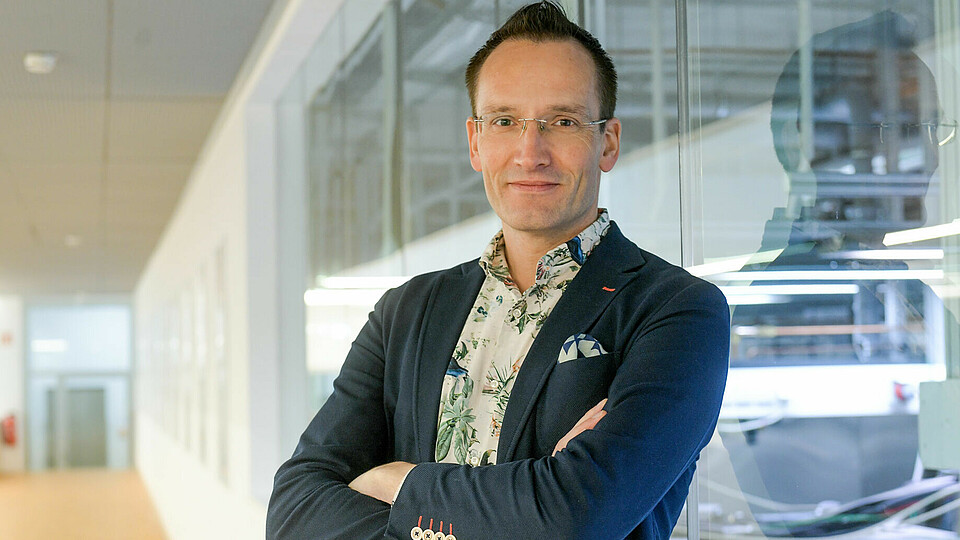

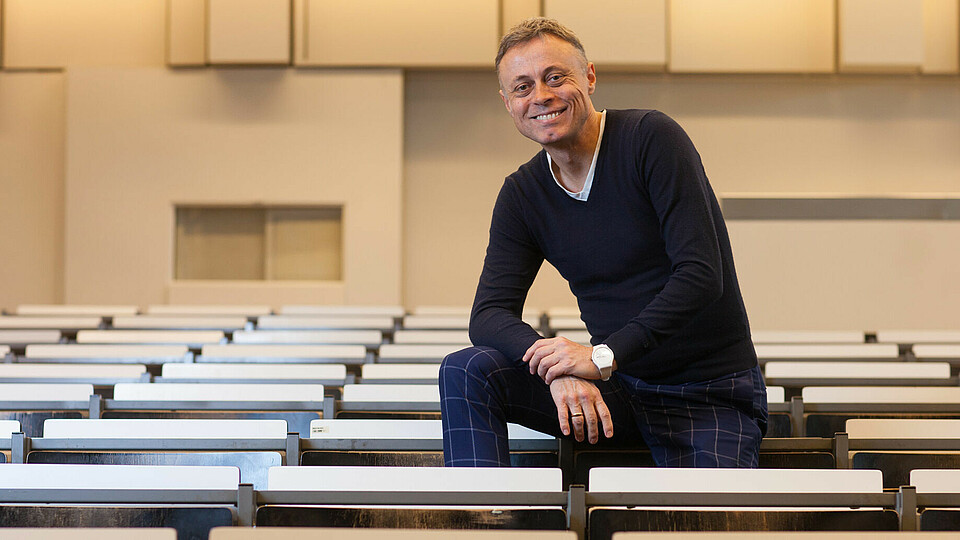
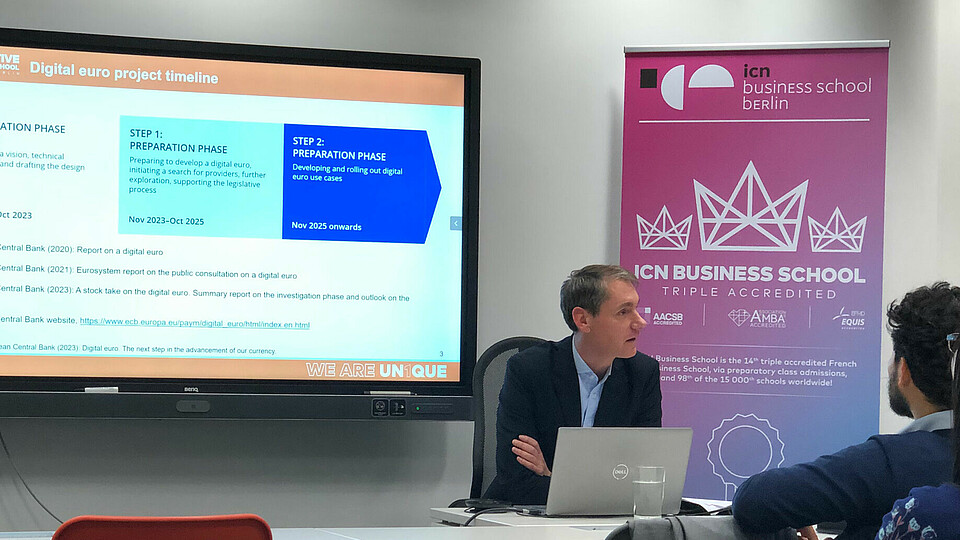
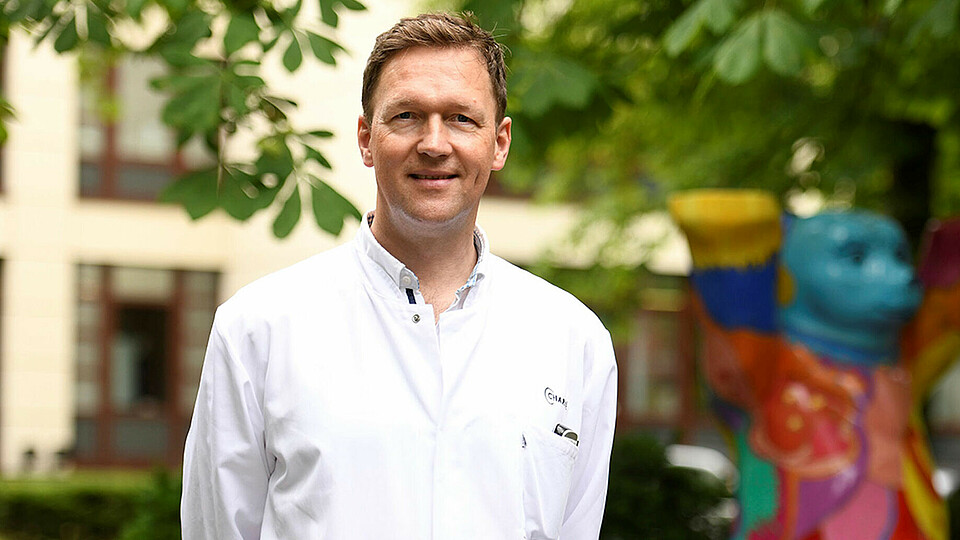
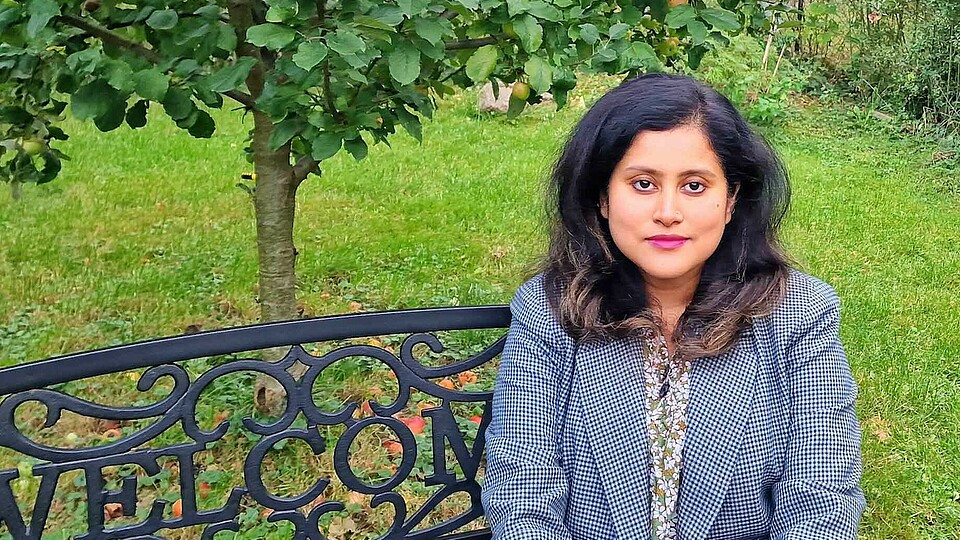
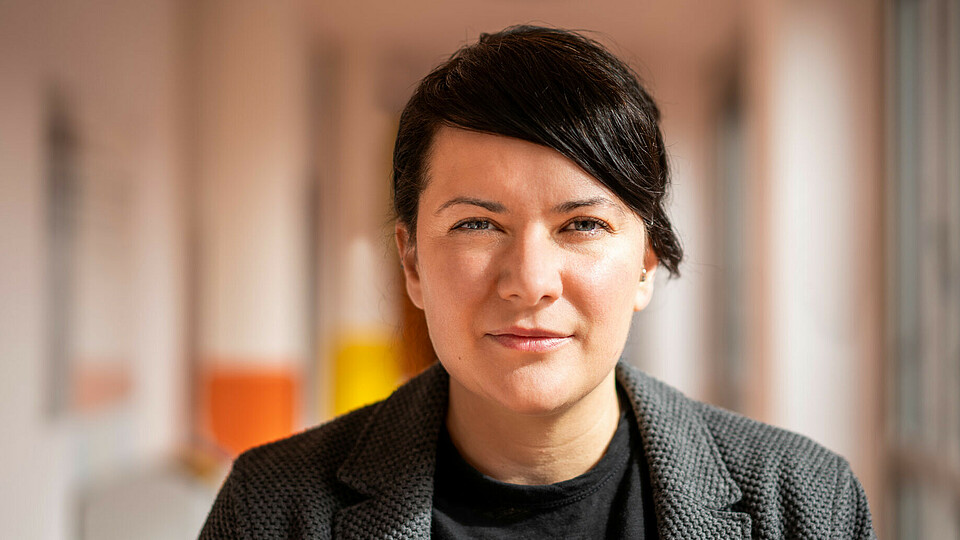
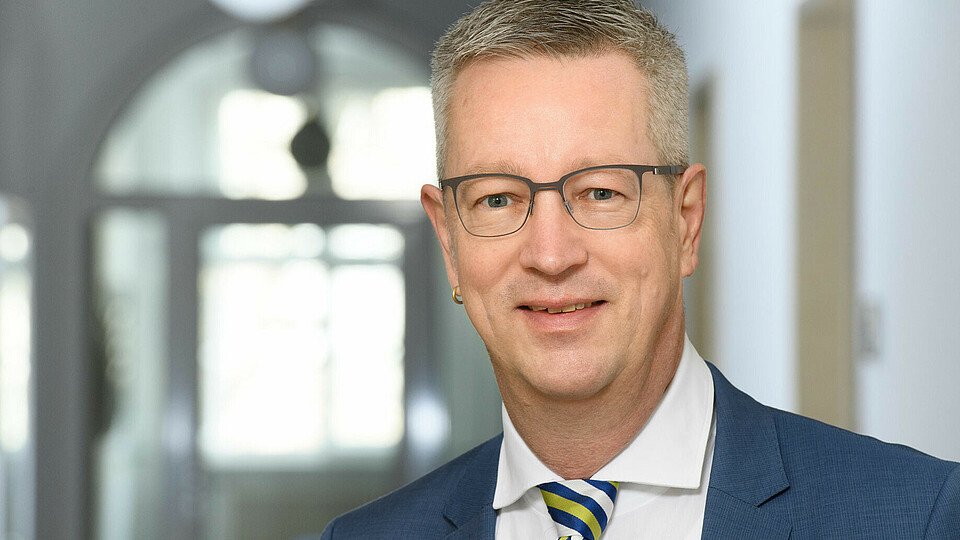
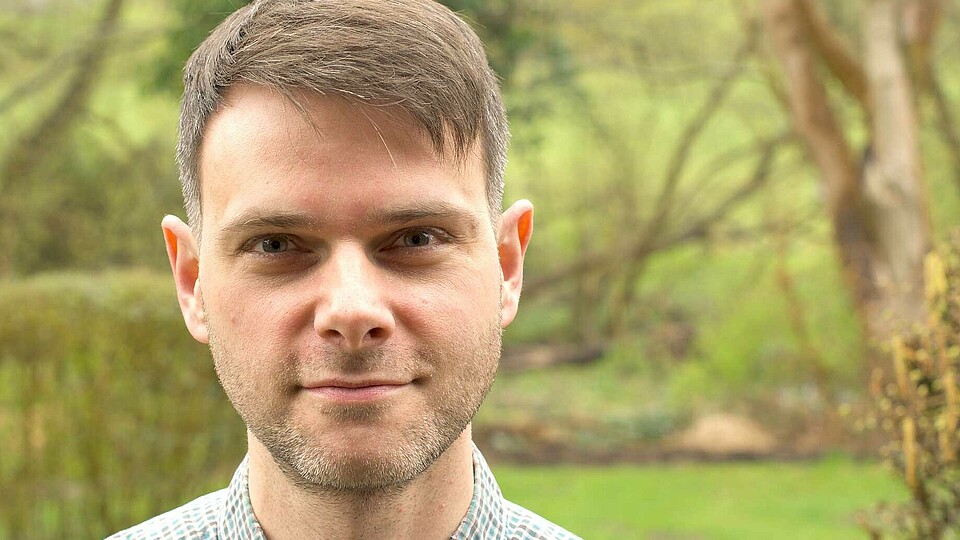
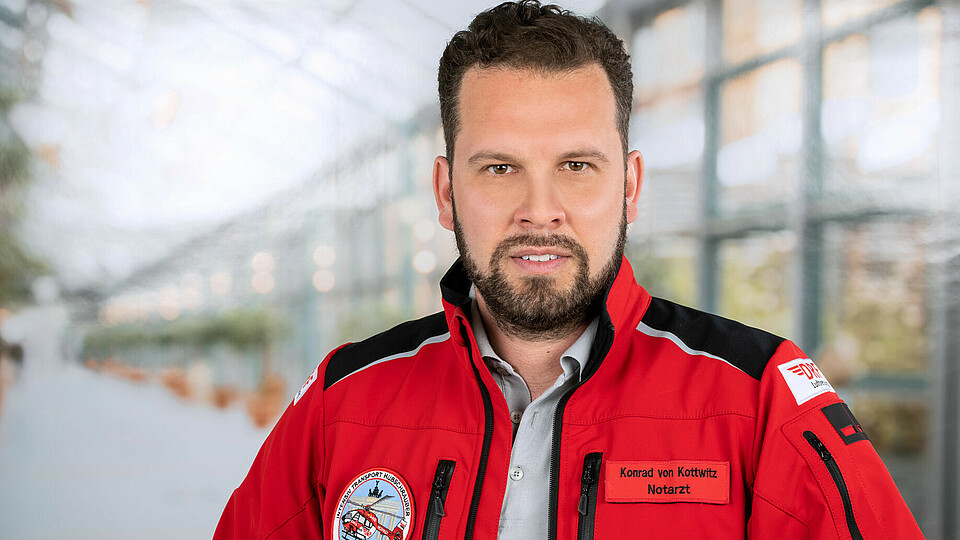
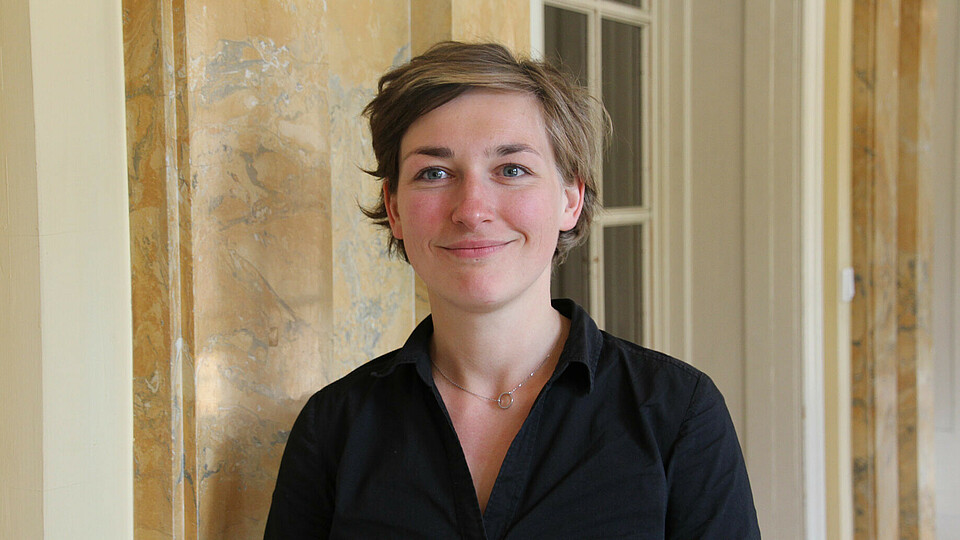
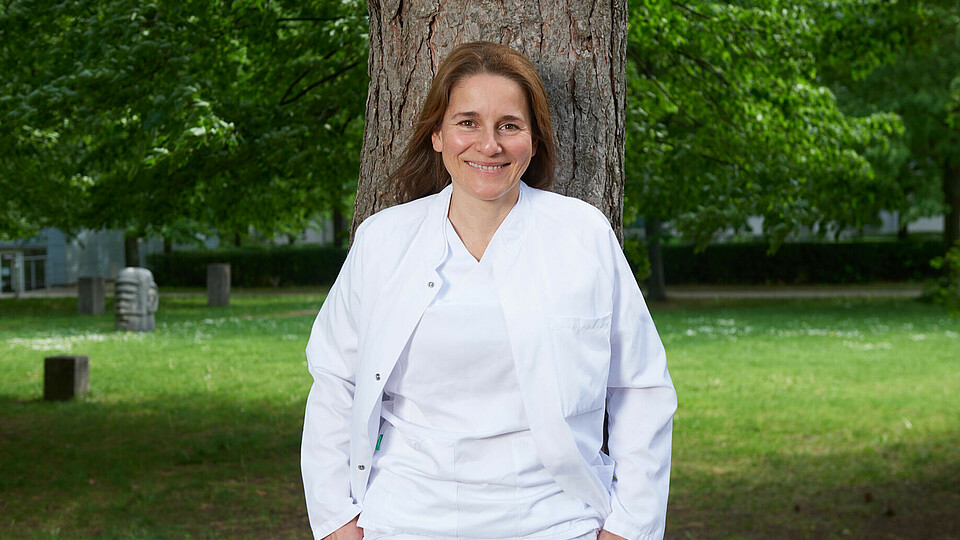
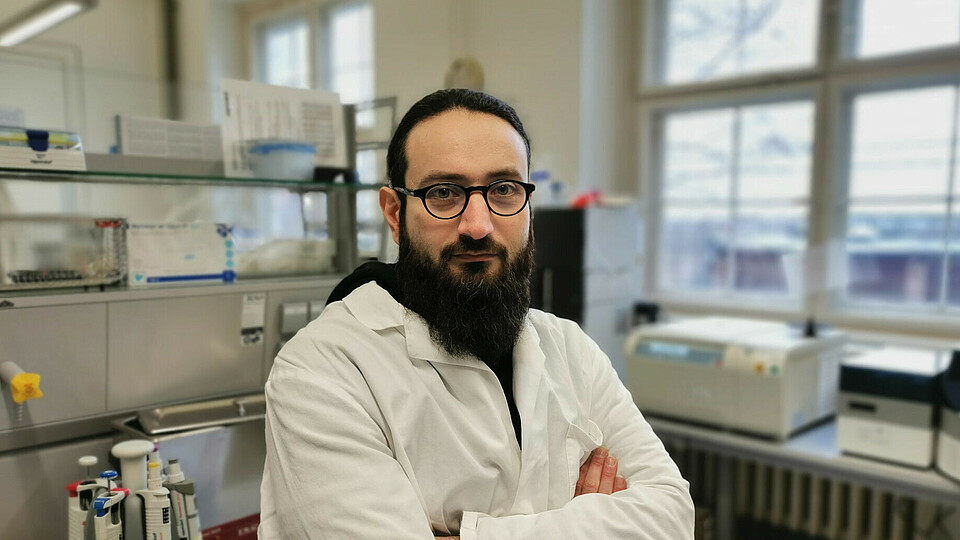
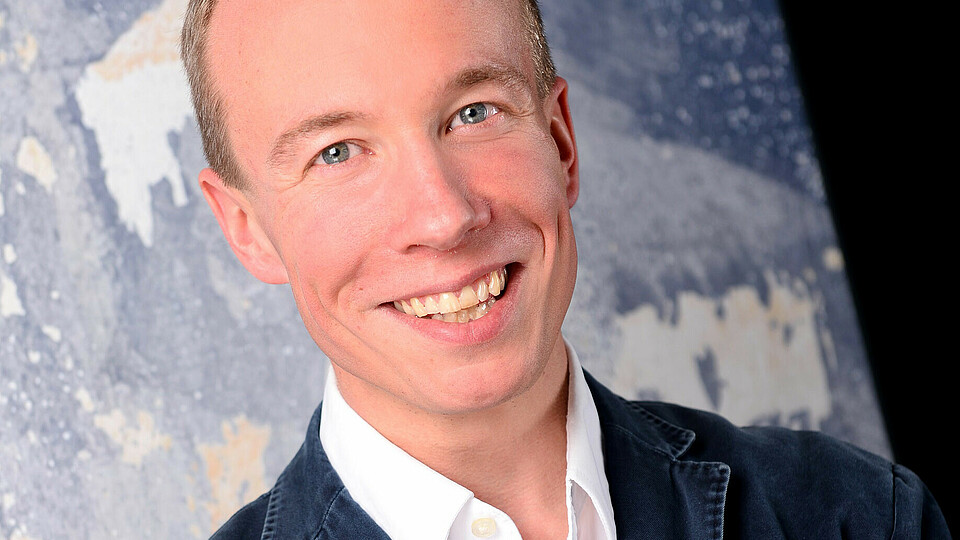
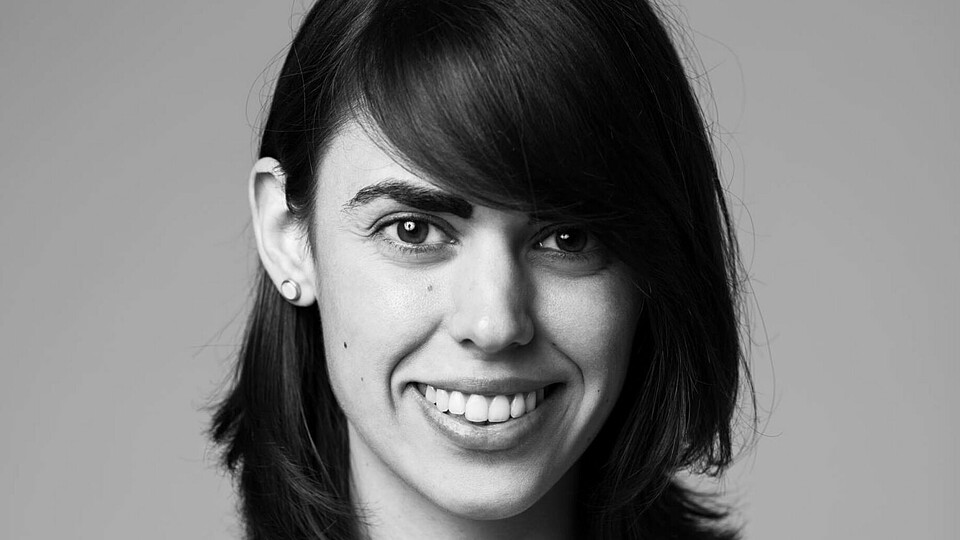
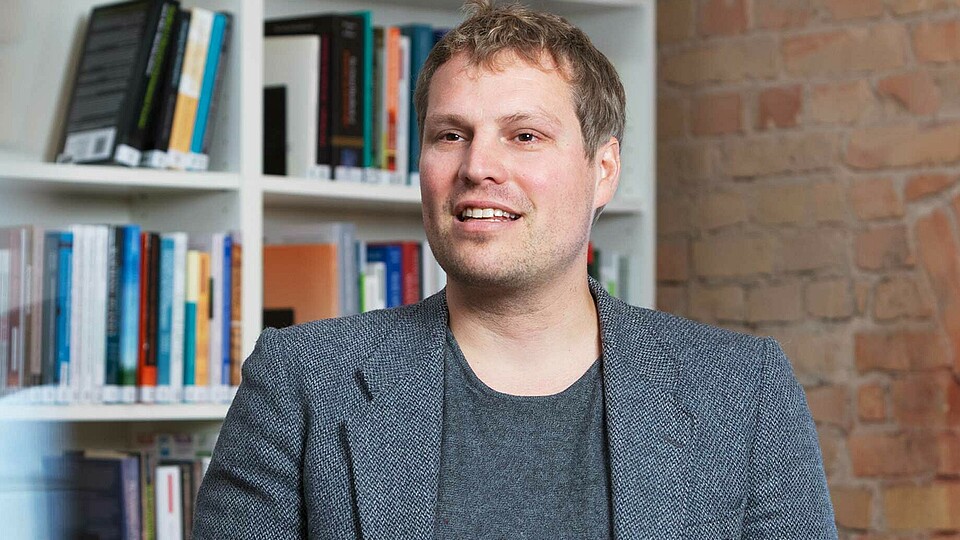
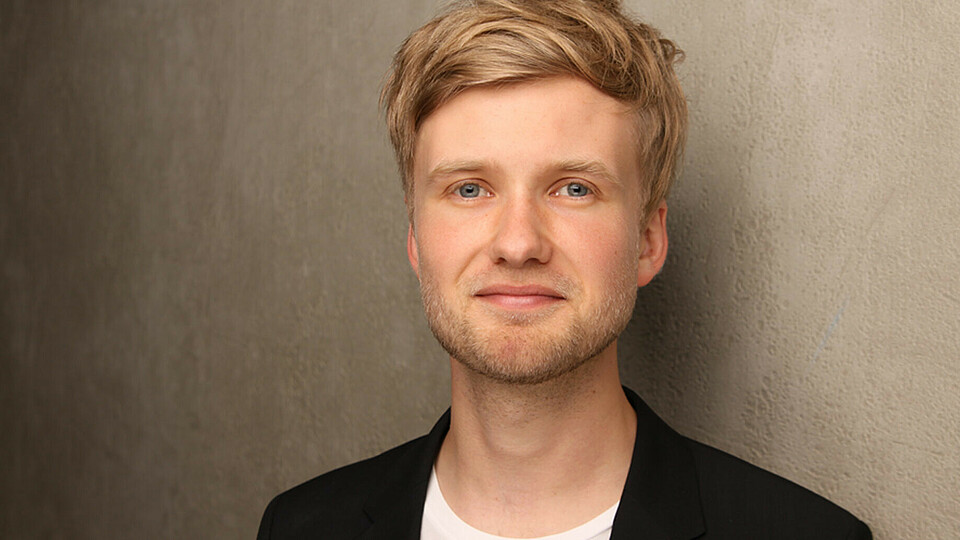
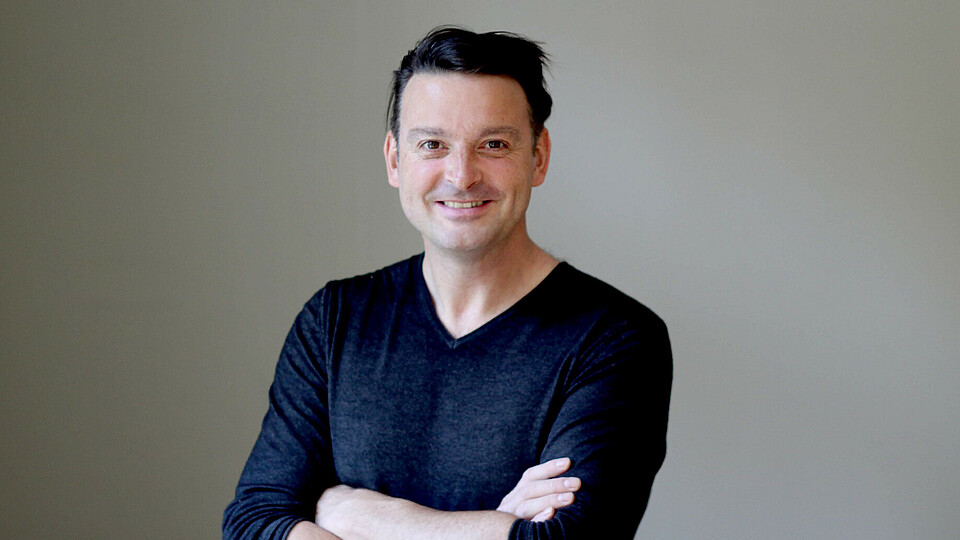
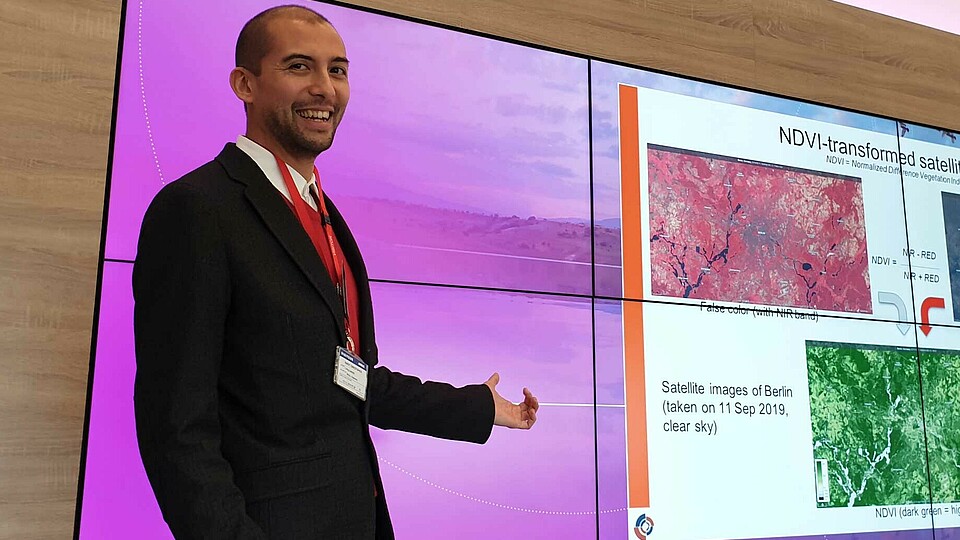
![[Translate to English:] [Translate to English:]](/fileadmin/_processed_/b/c/csm_Lang_Berlin-Partner_Philipp-Jester_683x384_31db623bc3.jpg)